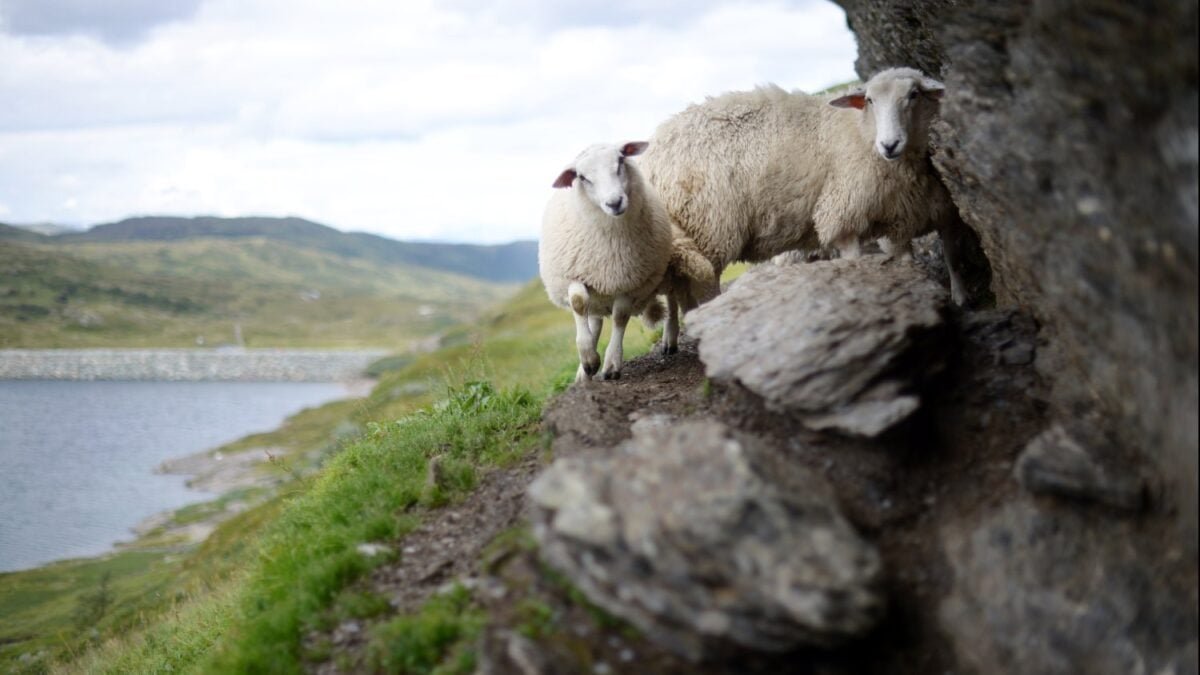Creators of Dolly Achieve Immunity to Classical Swine Fever in Pigs

A New Scientific Feat from Edinburgh
Almost three decades after cloning Dolly the sheep, researchers at the Roslin Institute at the University of Edinburgh have once again made a milestone in biotechnology. They managed to create African swine fever, one of the most destructive diseases in swine, through precise genetic editing. The study, published in the journal Cell, demonstrated that a minimal modification in a key gene can confer total immunity to the virus, without affecting the health or fertility of the animals. This is an advancement with profound implications for livestock production, agricultural sustainability, and the prevention of future health crises.
The Gene that Halts the Virus
The gene in question is responsible for producing a protein that pestiviruses use to replicate inside cells. In previous experiments with cell cultures, a slight alteration in this gene had stopped viral multiplication. Scientists applied the same change directly to pig embryos, which were then implanted in surrogate mothers. Once matured, the edited animals were exposed to the virus under strict controlled conditions at the Animal and Plant Health Agency (APHA) in the UK. The result was categorical: the genetically edited pigs remained healthy, while those in the control group developed fever, lesions, and severe symptoms typical of ASF. “Classical swine fever devastated livestock 25 years ago. This breakthrough can change the future of the sector,” said Helen Crooke, deputy director of mammalian virology at APHA.
Biotechnology with Global Impact
ASF has been eradicated in the UK since 1966, but it remains endemic in Asia, Africa, Latin America, and parts of Europe. Its control requires vaccination campaigns and massive culls, leading to significant economic losses. The historic British outbreaks resulted in the culling of over 75,000 pigs, affecting thousands of producers. Genetic editing could drastically reduce that risk and serve as a complement to traditional vaccines, strengthening the resilience of the agri-food system. Additionally, the same gene is involved in the replication of viruses that affect cattle and sheep, opening the door to applying the technique to other species and generating broader protection against pestiviruses.
Ethics and Sustainability in the Genetic Era
Researcher Simon Lillico, co-lead author of the study, emphasized the moral dimension of the finding: “If we can create animals resistant to diseases, there is an ethical imperative to do so,” he stated. The project was made possible thanks to the Large Animal Research and Imaging Facility at the Roslin Institute, which allows for the breeding and study of genetically edited animals under the highest biosecurity standards. Beyond health protection, scientists highlight that genetic editing can improve animal welfare and promote more sustainable agriculture.






